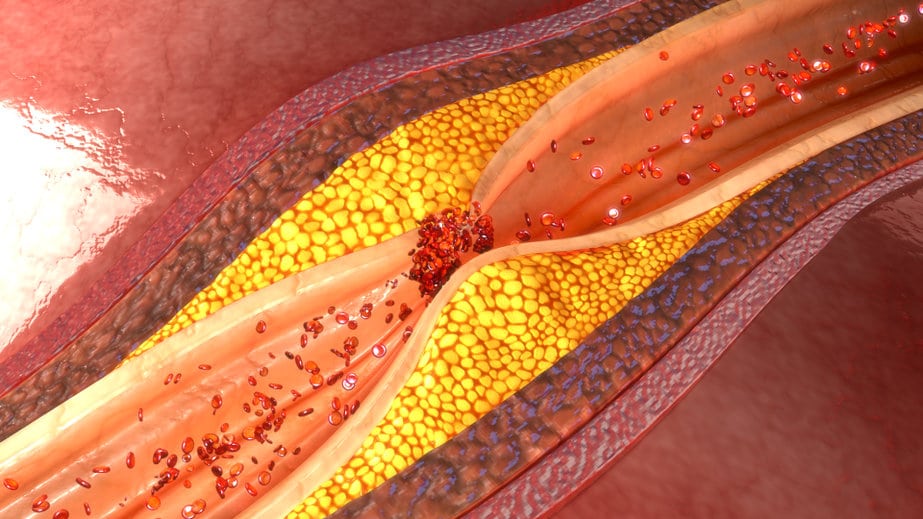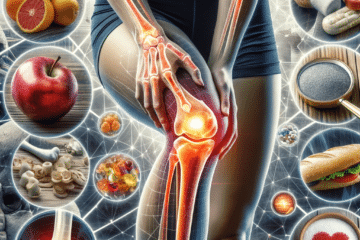
The rates of metabolic diseases, such as type 2 diabetes, non-alcoholic fatty liver disease (NAFLD), and heart disease, have been on the rise for decades. In the United States, for example, the prevalence of type 2 diabetes has more than tripled since 1980. NAFLD is now the world’s most common chronic liver disease, affecting an estimated 1 in 3 adults. And heart disease remains the leading cause of death for both men and women.
There are a number of factors that contribute to the rising rates of metabolic diseases, including:
- Sedentary behavior: People are simply not moving as much as they used to. The average American adult spends about 7 hours a day sitting or lying down. This lack of physical activity can lead to weight gain, insulin resistance, and other metabolic problems.
- Ultra-processed foods: Our diets have become increasingly processed over the past few decades. These foods are often high in sugar, unhealthy fats, and sodium, which can contribute to weight gain, inflammation, and other metabolic problems.
- Genetics: Some people are more likely to develop metabolic diseases due to their genes. However, even people with a genetic predisposition to these diseases can reduce their risk by making healthy lifestyle choices.

The Silent Killers
Metabolic diseases are often called “silent killers” because they can go undetected for decades. This is because the early stages of these diseases often do not cause any symptoms. However, as the diseases progress, they can lead to a number of serious health problems, including:
- Heart disease: Heart disease is the leading cause of death for both men and women. It is caused by a buildup of plaque in the arteries, which can lead to a heart attack or stroke.
- Stroke: A stroke occurs when the blood supply to the brain is interrupted. This can damage brain cells and lead to a variety of neurological problems, including paralysis, speech impairment, and cognitive decline.
- Dementia: Dementia is a general term for a cognitive function decline affecting memory, thinking, and judgment. Alzheimer’s disease is the most common type of dementia.
- Cancer: Metabolic diseases, such as obesity and insulin resistance, are associated with an increased risk of cancer.

What You Can Do
There are a number of things you can do to reduce your risk of developing metabolic diseases, including:
- Get regular exercise: Aim for at least 150 minutes of moderate-intensity aerobic activity or 75 minutes of vigorous-intensity aerobic activity each week.
- Eat a healthy diet: Choose plenty of fruits, vegetables, and whole grains. Limit your intake of processed foods, sugary drinks, and unhealthy fats.
- Maintain a healthy weight: If you are overweight or obese, losing even a small amount of weight can make a big difference.
- Quit smoking: Smoking increases your risk of developing a number of chronic diseases, including heart disease, stroke, and cancer.
- Manage stress: Stress can contribute to weight gain, insulin resistance, and other metabolic problems. Find healthy ways to manage stress, such as exercise, yoga, or meditation.
Healthy lifestyle choices can reduce your risk of developing metabolic diseases and improve your overall health.













